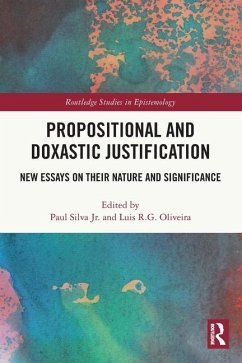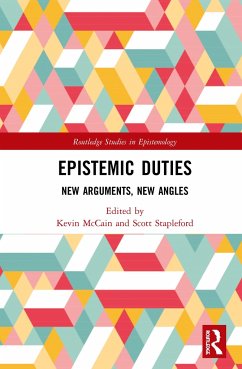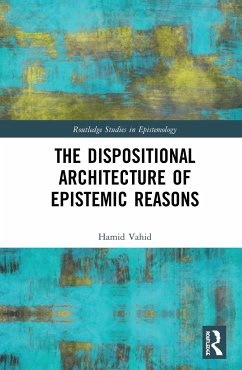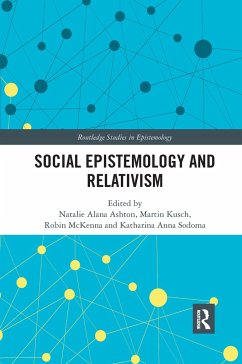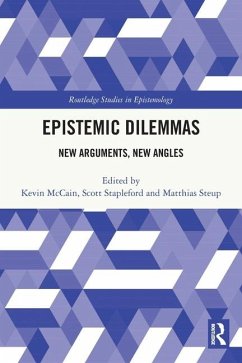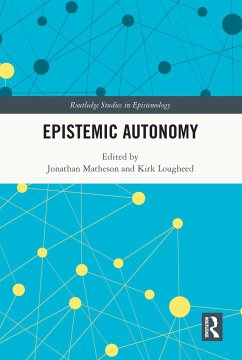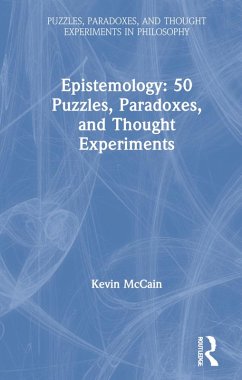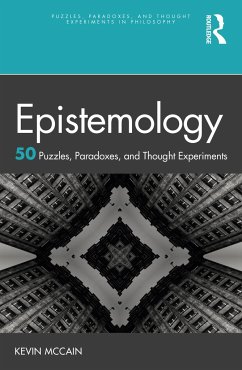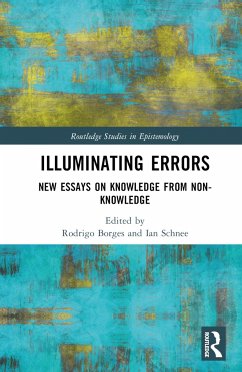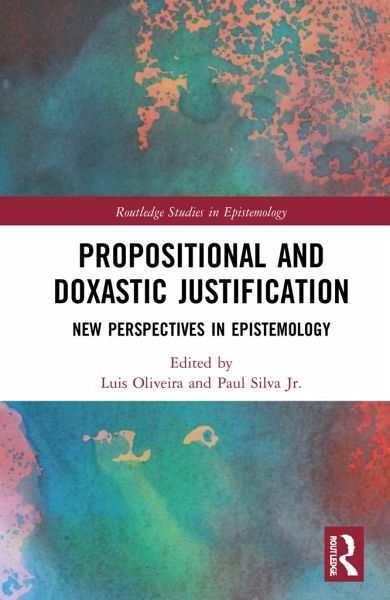
Propositional and Doxastic Justification
New Essays on Their Nature and Significance
Herausgegeben: Silva Jr., Paul; Oliveira, Luis R.G.
Versandkostenfrei!
Versandfertig in 6-10 Tagen
154,99 €
inkl. MwSt.
Weitere Ausgaben:

PAYBACK Punkte
77 °P sammeln!
This volume features original essays that advance debates on propositional and doxastic justification and explore how these debates shape and are shaped by a range of established and emerging topics in contemporary epistemology.This is the first book-length project devoted to the distinction between propositional and doxastic justification. Notably, the contributors cover the relationship between propositional and doxastic justification and group belief, credence, commitment, suspension, faith, and hope. They also consider state-of-the-art work on knowledge-first approaches to justification, h...
This volume features original essays that advance debates on propositional and doxastic justification and explore how these debates shape and are shaped by a range of established and emerging topics in contemporary epistemology.
This is the first book-length project devoted to the distinction between propositional and doxastic justification. Notably, the contributors cover the relationship between propositional and doxastic justification and group belief, credence, commitment, suspension, faith, and hope. They also consider state-of-the-art work on knowledge-first approaches to justification, hinge-epistemology, moral and practical reasons for belief, epistemic normativity, and applications of formal epistemology to traditional epistemological disputes. Finally, the contributors promise to reinvigorate old epistemological debates on coherentism, externalism, internalism, and phenomenal conservatism.
Propositional and Doxastic Justification will be of interest toresearchers and advanced students working in epistemology, metaethics, and normativity.
This is the first book-length project devoted to the distinction between propositional and doxastic justification. Notably, the contributors cover the relationship between propositional and doxastic justification and group belief, credence, commitment, suspension, faith, and hope. They also consider state-of-the-art work on knowledge-first approaches to justification, hinge-epistemology, moral and practical reasons for belief, epistemic normativity, and applications of formal epistemology to traditional epistemological disputes. Finally, the contributors promise to reinvigorate old epistemological debates on coherentism, externalism, internalism, and phenomenal conservatism.
Propositional and Doxastic Justification will be of interest toresearchers and advanced students working in epistemology, metaethics, and normativity.




